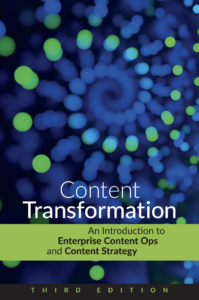Ellis Pratt of Cherryleaf is delivering Beyond Documentation this Thursday, July 9th, at 11 a.m. Eastern (US) time. Ellis gave a similar presentation in Vienna, which was the basis for Tom Johnson’s post, How to Avoid Extinction as a Technical Communicator, and led to a lively discussion in the comments. Join us to see if you agree with Ellis’s point of view.
In the category of “what’s old is new again,” we have Writing to STOP from Tony Self of HyperWrite in Australia.
STOP – Sequential Thematic Organisation of Publications – was developed at Hughes Corporation in the 1960s. The purpose of STOP was to improve the speed of document production, and to allow multiple authors to work simultaneously on the same document. […]
The STOP approach still resonates in the age of online documentation, as we still have the same needs to reduce document creation times and to work collaboratively. In this session, we will look at how the STOP approach worked, and how it might be re-applied even more effectively in the 21st century.
That presentation is July 15 at 5 p.m. Eastern time. (Note the time change. Our usual 11 a.m. time slot is 1 a.m. in Melbourne, Australia. That seemed impolite to our presenter.)
Finally, Jack Molisani of Prospring and Lavacon is delivering How to Build a Business Case on August 4 at 11 a.m. Eastern time.
If you’ve ever submitted a purchase request that was not approved, chances are it lacked one or more of the vital components management looks for when allocating resources.
In this segment, Jack Molisani will present a fun and practical session identifying the components of a successful business case, how to identify what is important to management, how to maximize your chances of approval, and more.
Jack usually rewards questions with chocolate, and I’m going to be impressed if he manages that in a webinar.
Don’t miss your chance to hear from these guys. You can register through our store; recordings of previous webcasts are now available as well.
PS Our presenters are based in England, California, and Australia. Registrants could be anywhere. The sessions are yours for $20. I love the Internet.



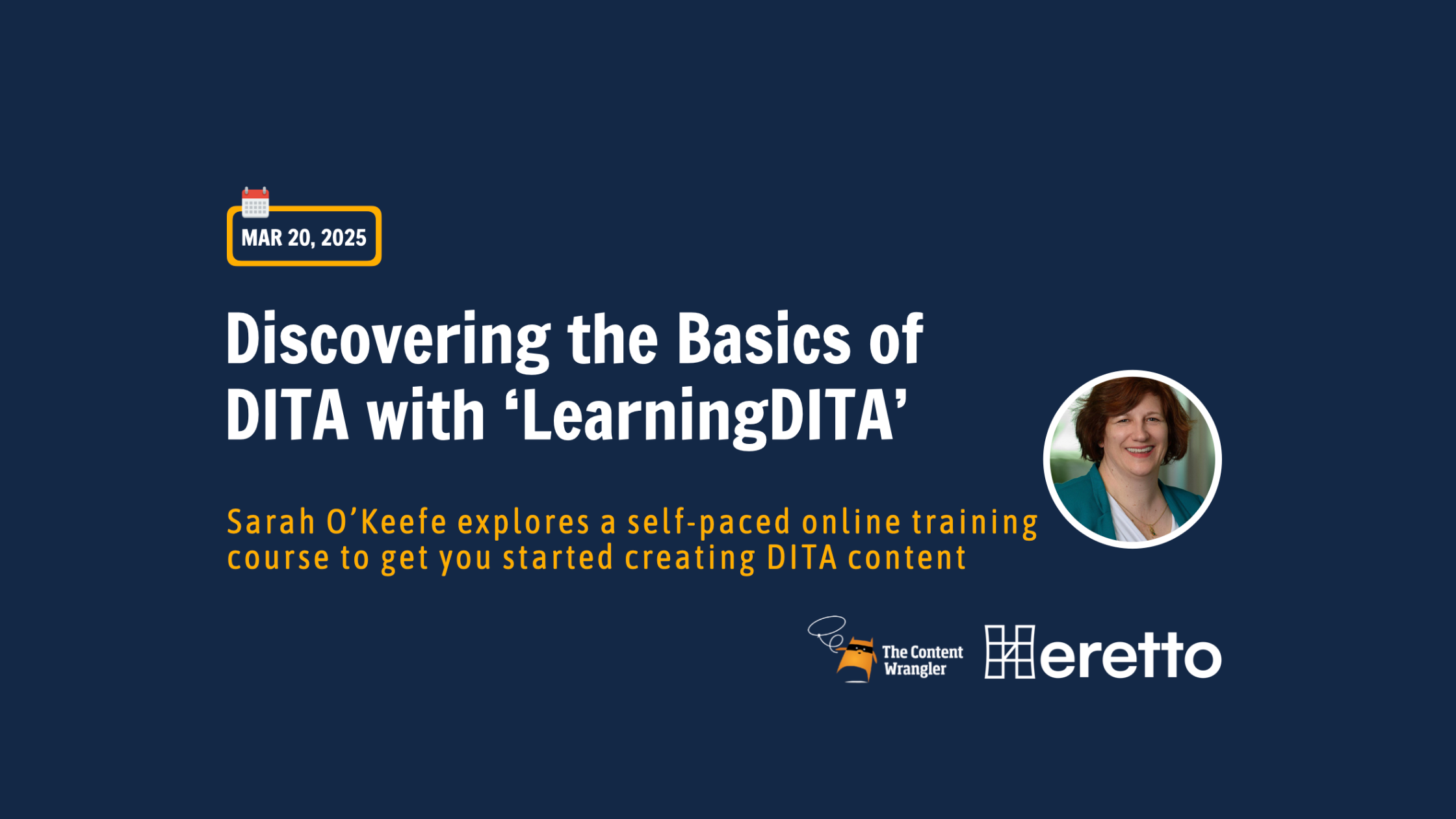
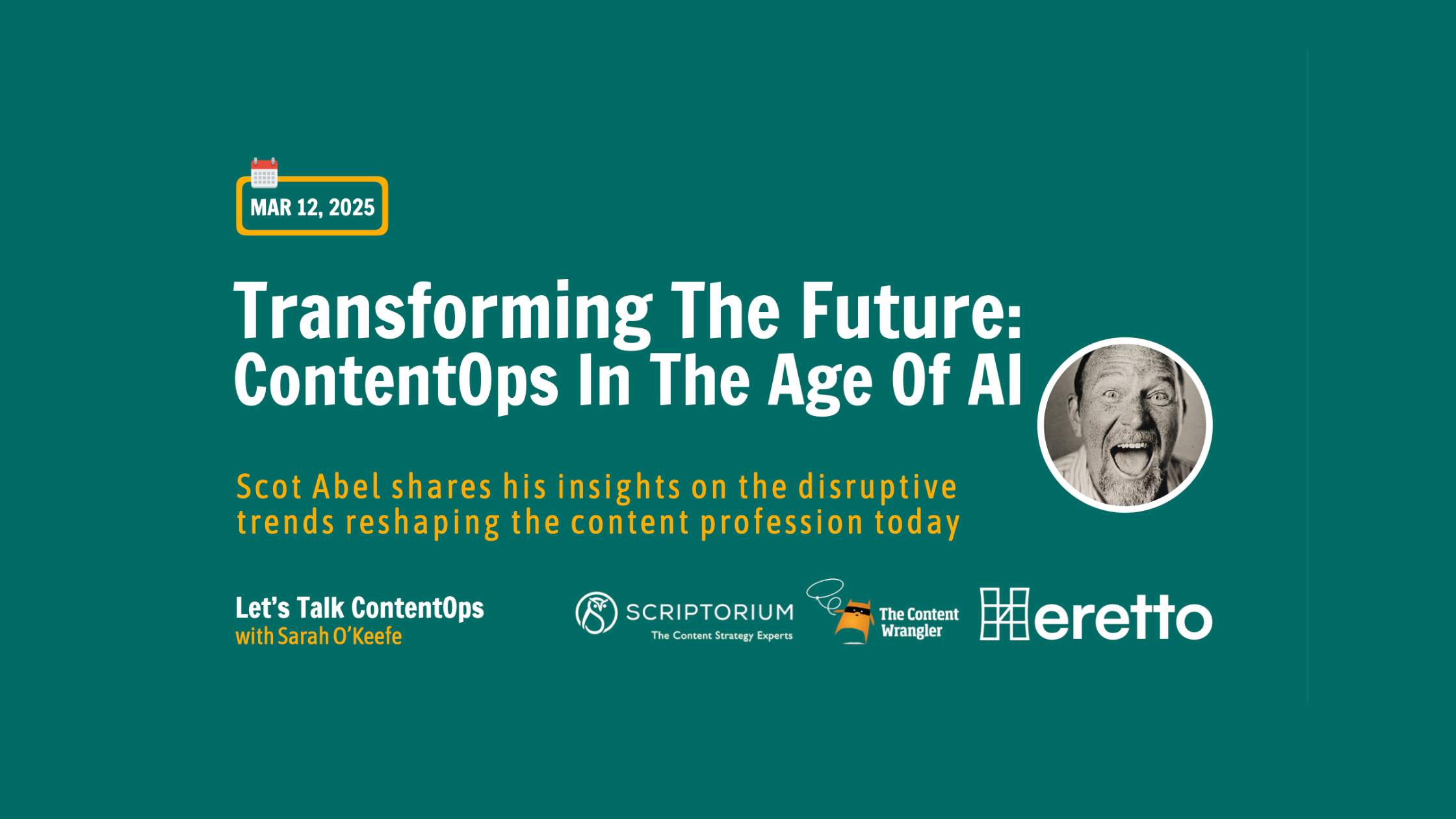
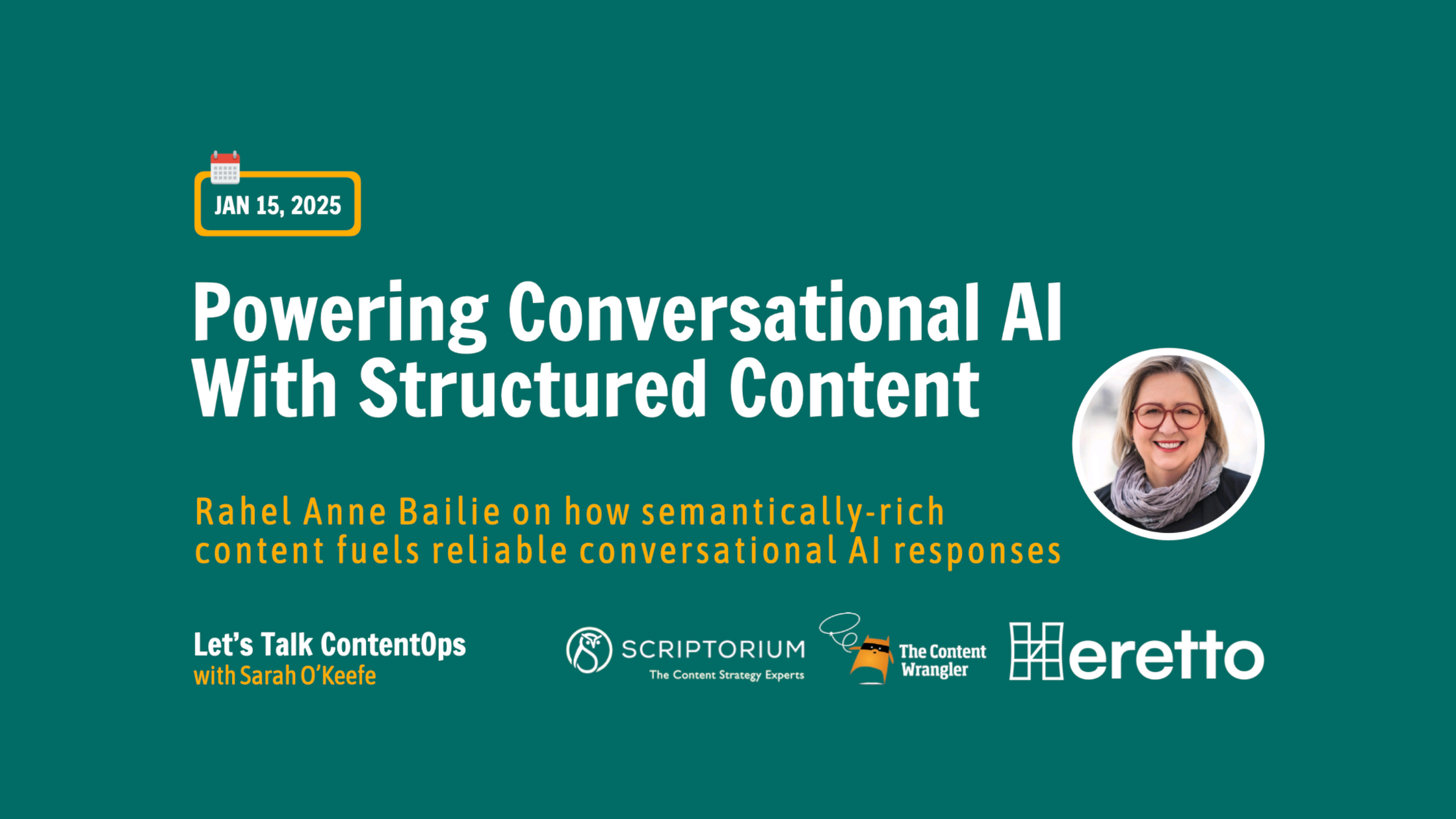

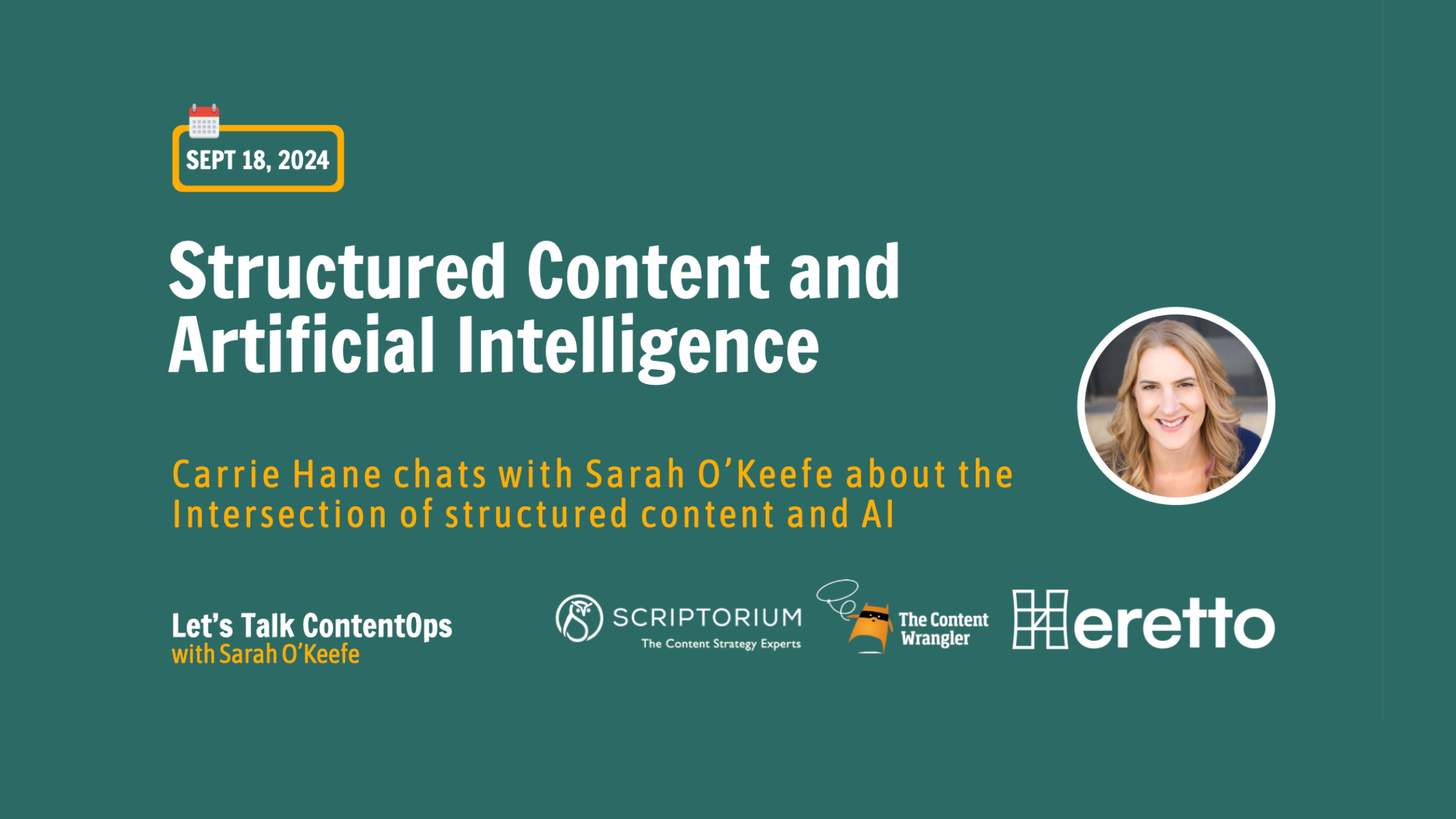



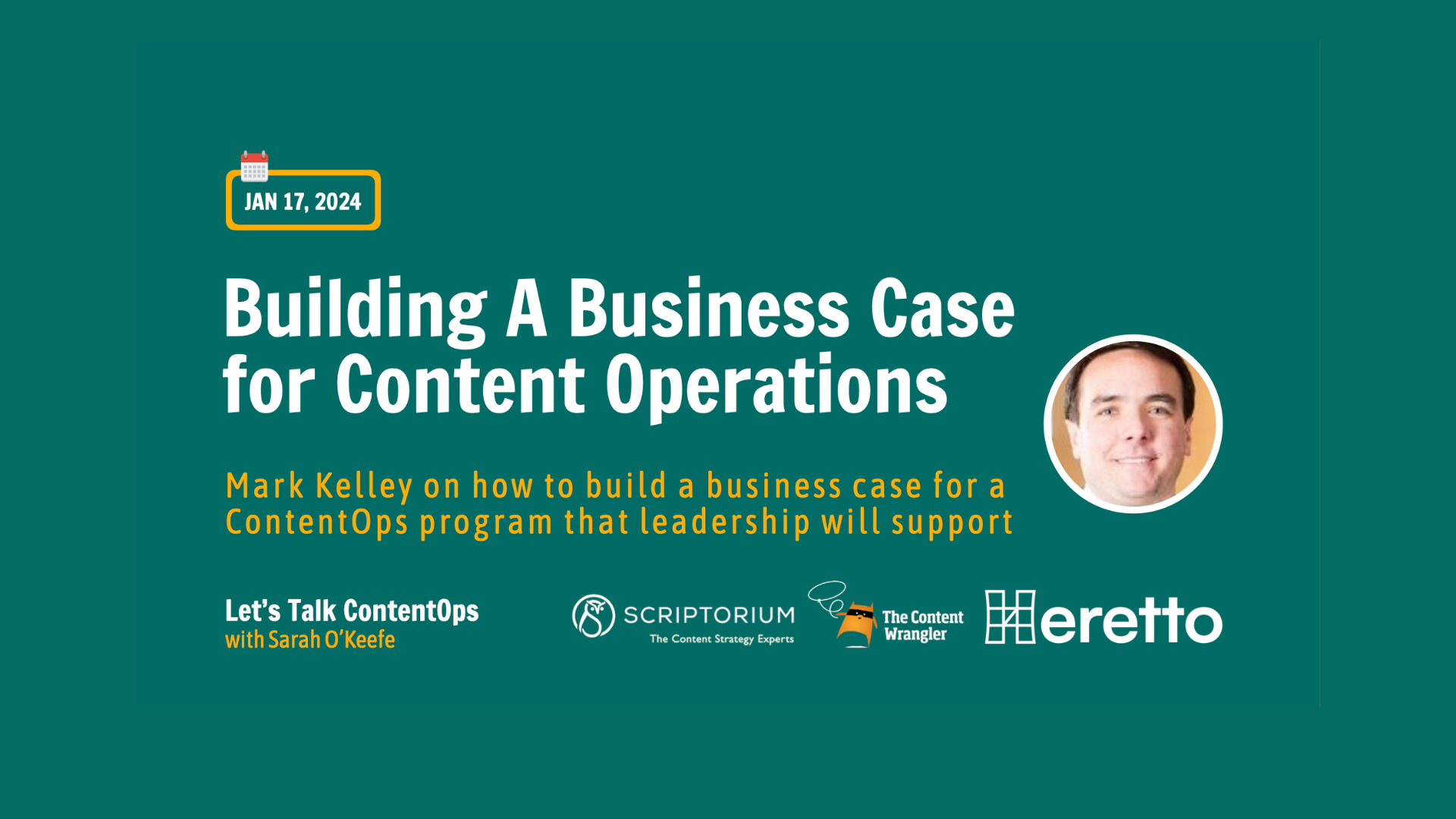






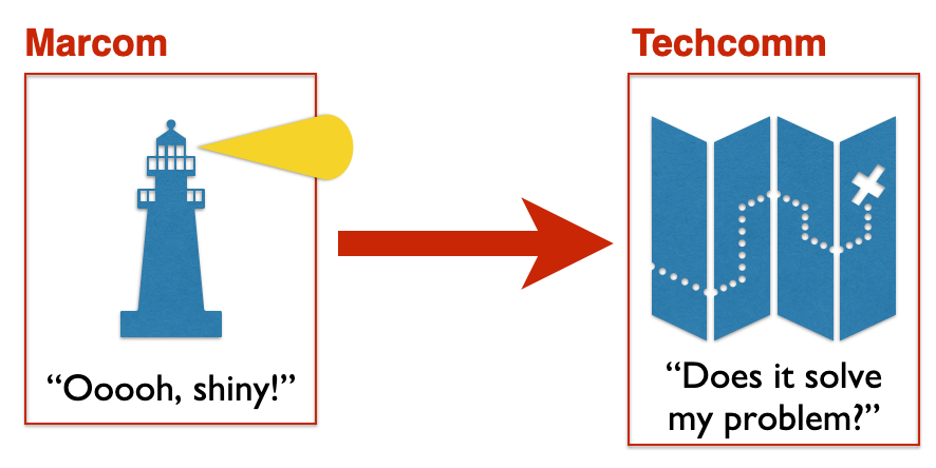










![Reblog this post [with Zemanta]](http://img.zemanta.com/reblog_e.png?x-id=9770cd9b-e32f-4170-9e2e-08fc28be8253)
